You may have read about it online or even experienced it yourself: cloudy softgels. If you store your supplements in the fridge or if they’re delivered to your door during cold weather, your softgels might appear cloudy.
What’s up with that? Is it bad? Is it still safe?
We sat down with Registered Dietitian Nutritionist Sarah Wells at Swanson Health Products and got the low-down on the reason.
Why Do My Fish Oils Get Cloudy When They’re Cold?
The most basic answer is this: different kinds of fats have different melting points, meaning they solidify at different temperatures, giving them a cloudy appearance.
“Omega-3 fatty acids (what fish oil is comprised of) are a type of polyunsaturated fat,” Wells said. “Polyunsaturated fatty acids (PUFAs) have more than one double bond and therefore have a lower melting point – meaning they stay liquid at cooler temperatures. Saturated fatty acids have no double bonds and therefore have a higher melting point – meaning they can solidify at cooler temperatures.”
When fish oil is combined in a softgel, the small amount of saturated fat solidifies at the cooler temperature, leading to the cloudiness.
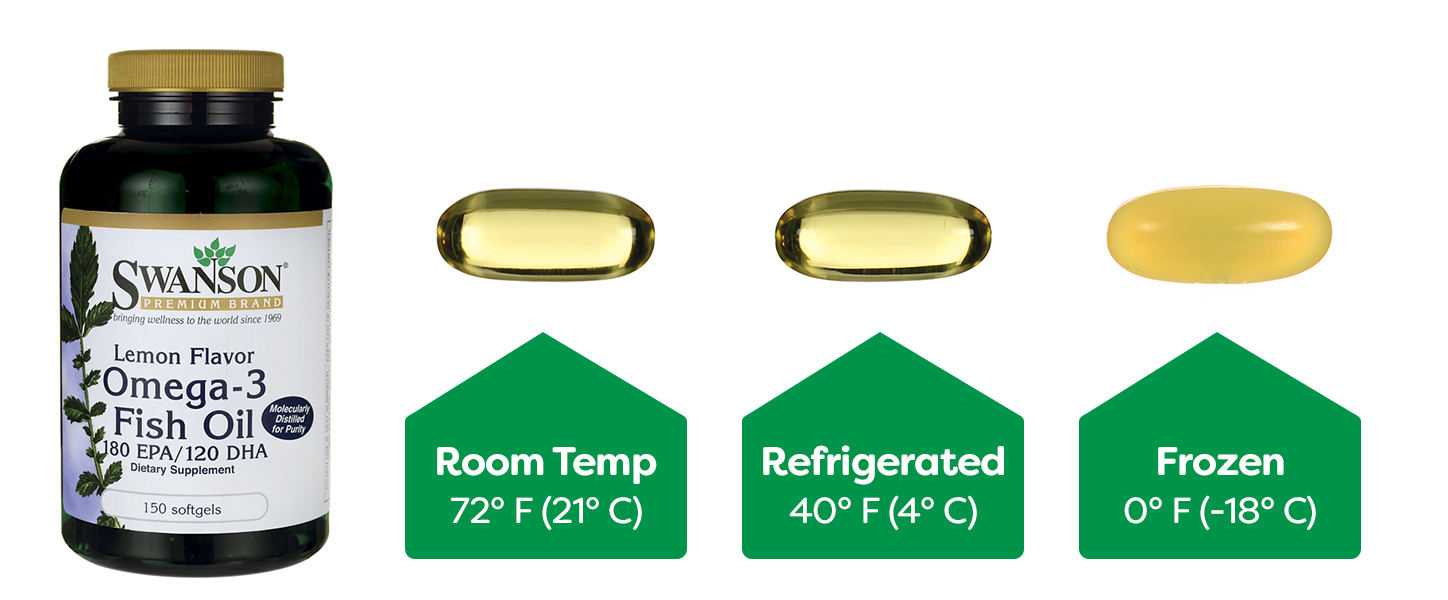
What’s Saturated Fat Doing in My Fish Oil? Is This Bad?
No! Saturated fat is naturally occurring in whole fish. It’s essential and provides its own health benefits. Some food-grade fish oils go through a refinement process to remove contaminants and occasionally saturated fat and cholesterol as well. As different amounts are removed, the cloudiness will vary.
“It’s normal for fish oils to be cloudy to varying degrees,” Wells said. “The important thing about fish oils is the quality of the oil. Quality fish oils can have varying degrees of naturally occurring saturated fatty acids, and cloudiness does not indicate the quality of the product.”
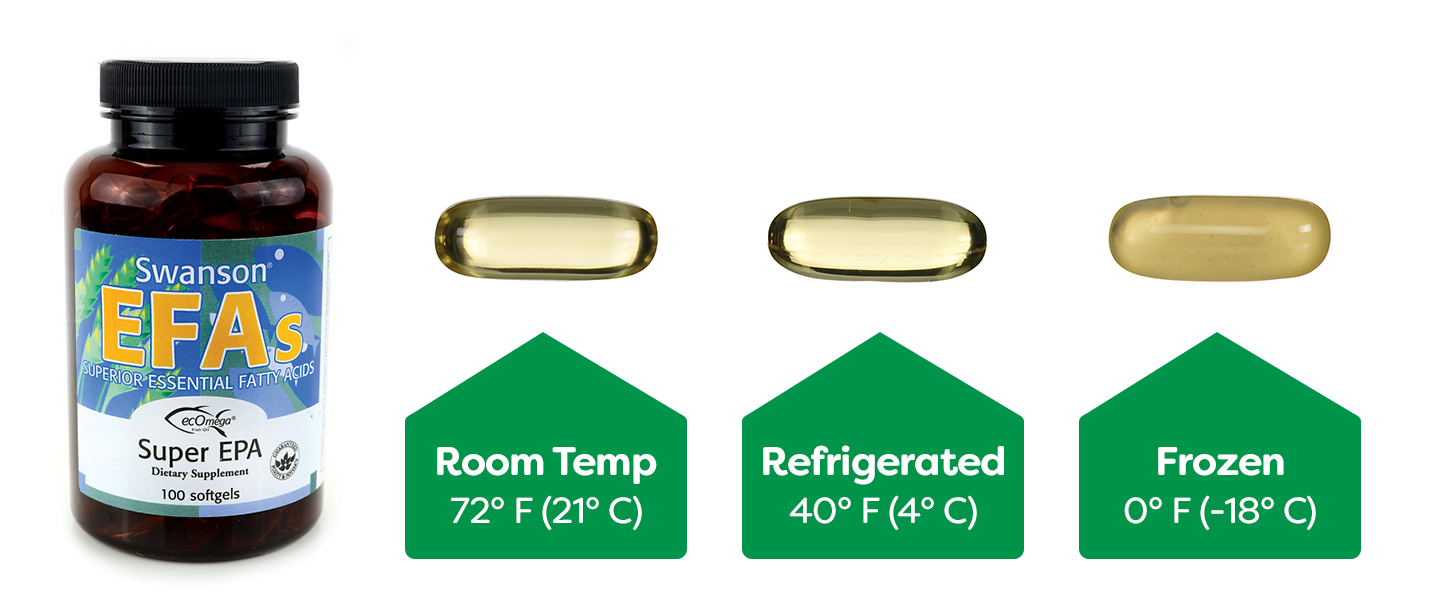
So Where Should I Store My Fish Oils?
Fish oils and other softgels should be stored in a cool, dry place, somewhere between 50-70°F. Typically, we would advise against storing your fish oil in the freezer. Refrigerating may be recommended by some, but it can also make the softgels brittle and subject to cracking and leaking. It’s best to read the instructions on your bottle to see where the manufacturer recommends storage.
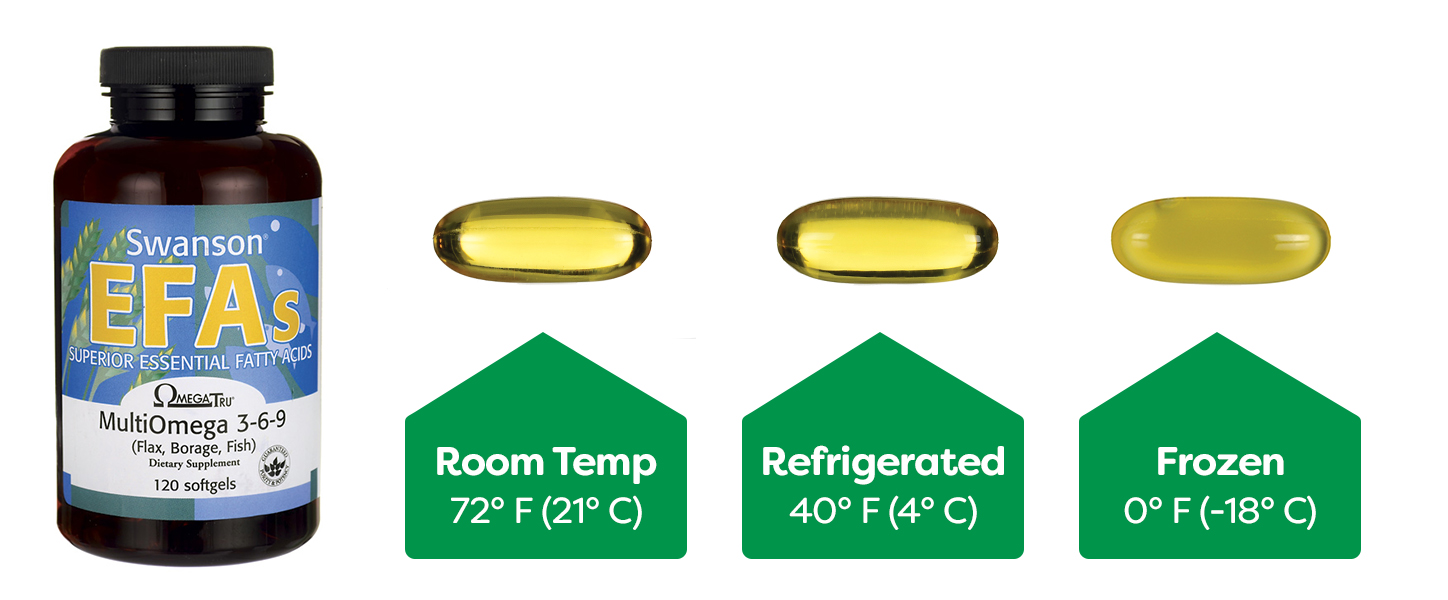
Can My Other Supplements Get Cloudy?
Yes. Supplements like Vitamin D with Coconut Oil can also get cloudy in cold temperatures. Fats are occasionally added to fat soluble vitamins to help with absorption. Depending on what type of oil is added, cloudiness can vary.
Ever wondered why your bottle of coconut oil is sometimes melted and sometimes solid? That’s the same kind of concept. “Saturated fats such as coconut oil, lard and butter will be solid or semi-solid at room temperature,” Wells said. “Mono-saturated fats (plant-based liquid oils) such as olive oil, peanut oil and avocado oil can become semi-solid when refrigerated. Polyunsaturated oils such as corn oil, safflower oil, sesame oil and soybean oil are liquid at room temperature and in the refrigerator.”
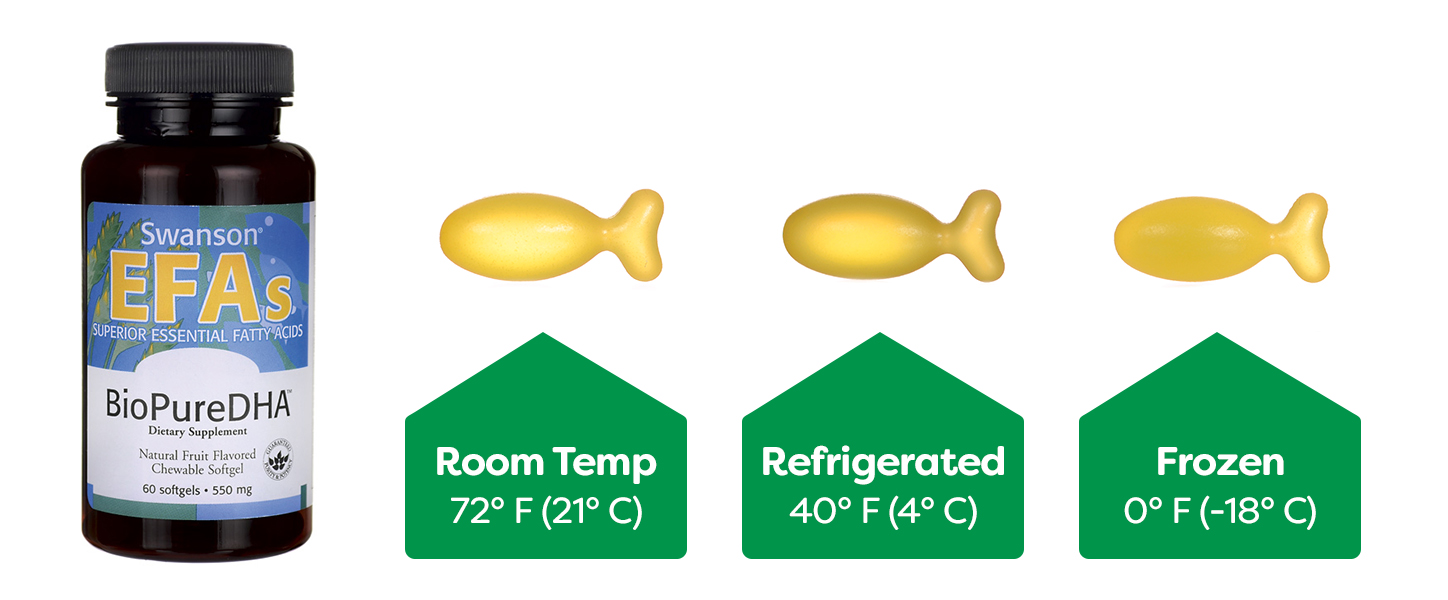
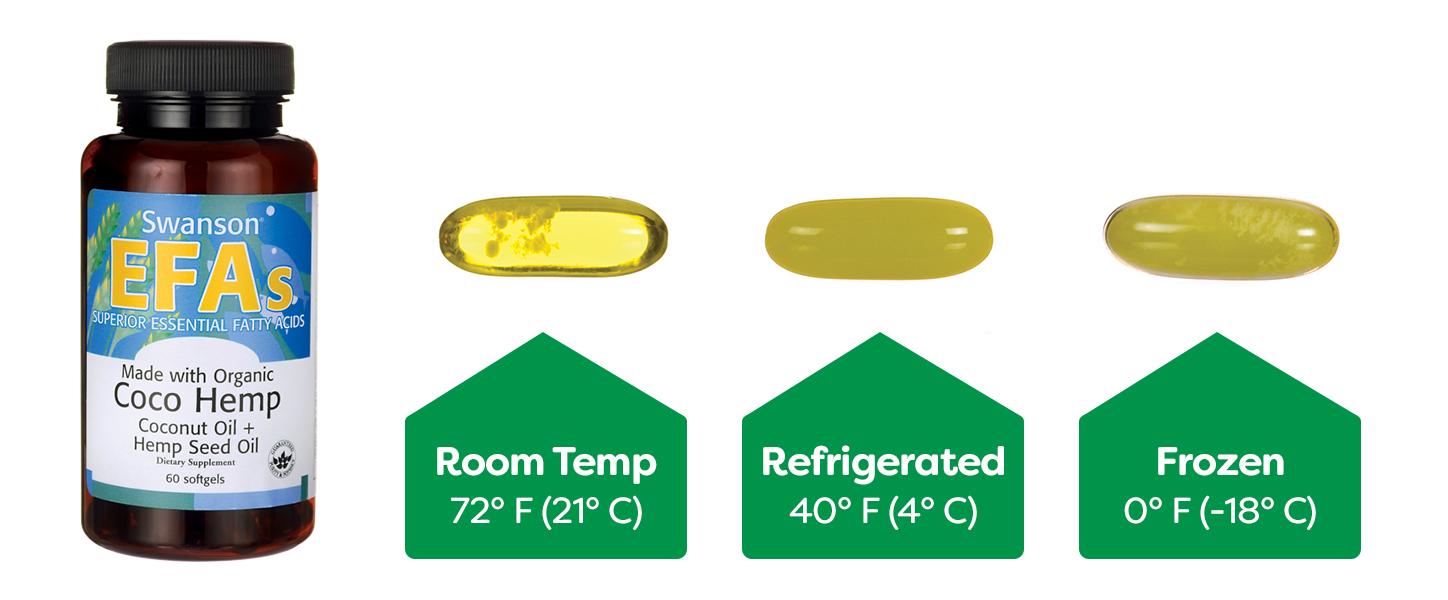
There you have it—all of the science behind why your supplements get cloudy!




